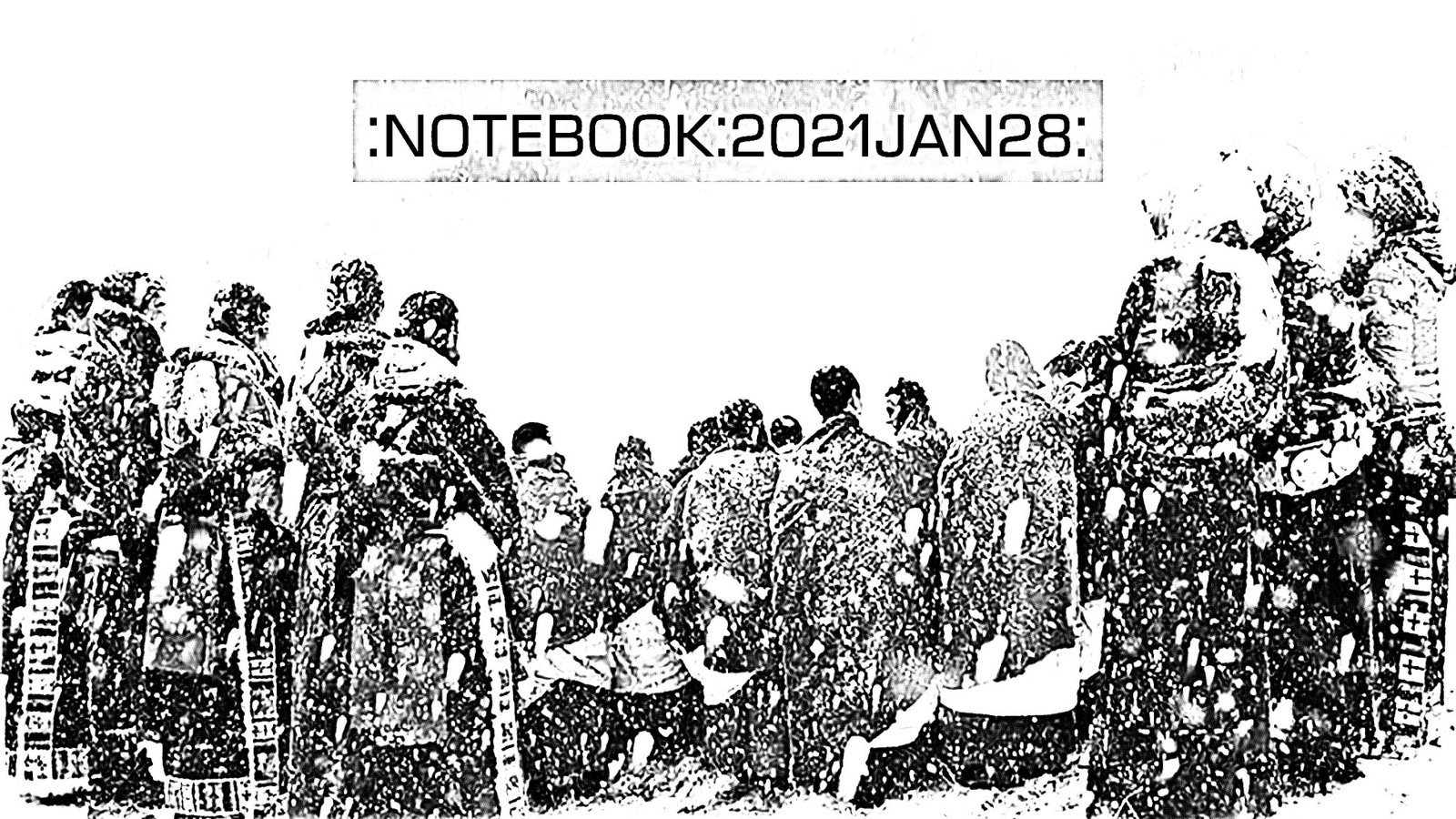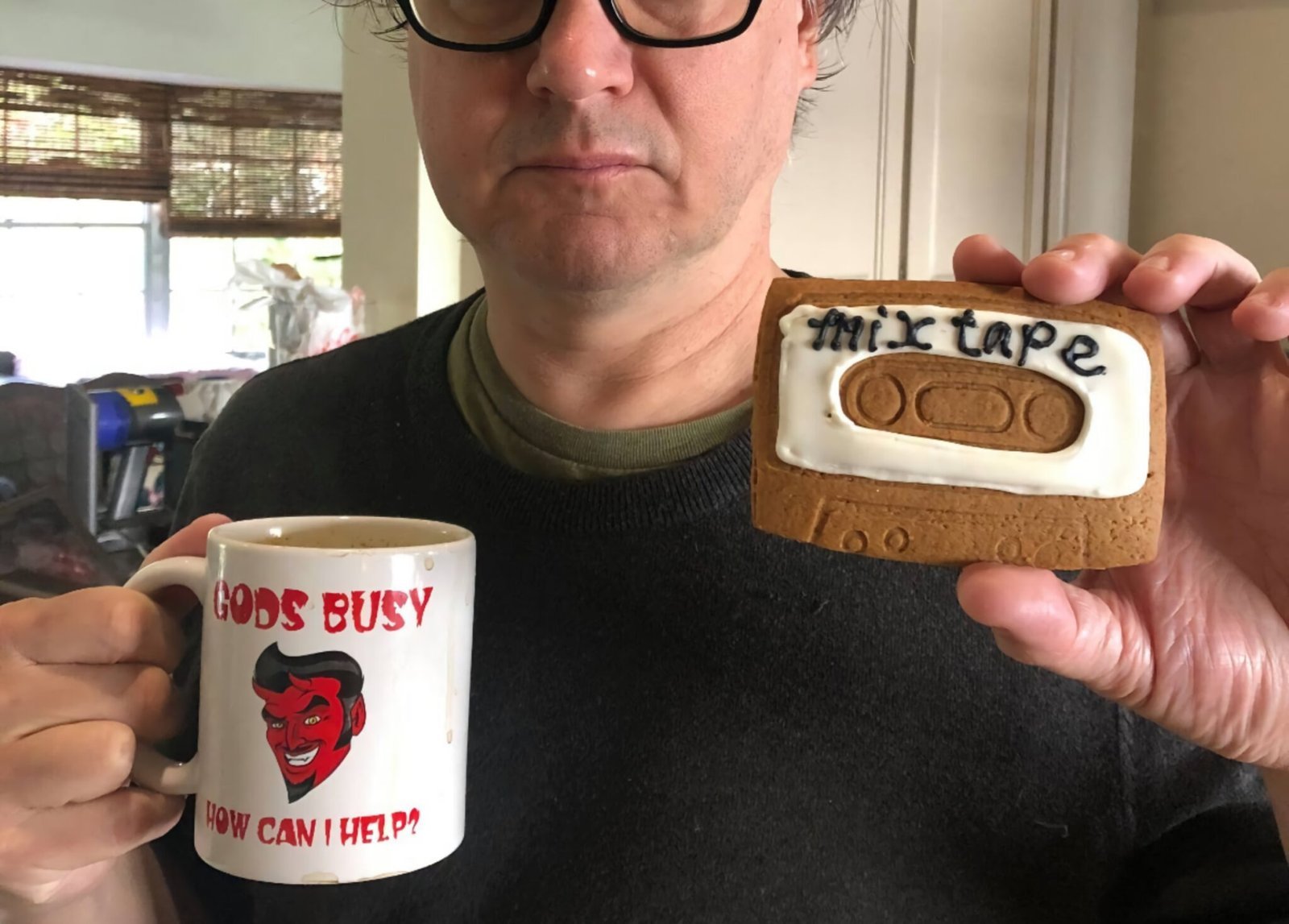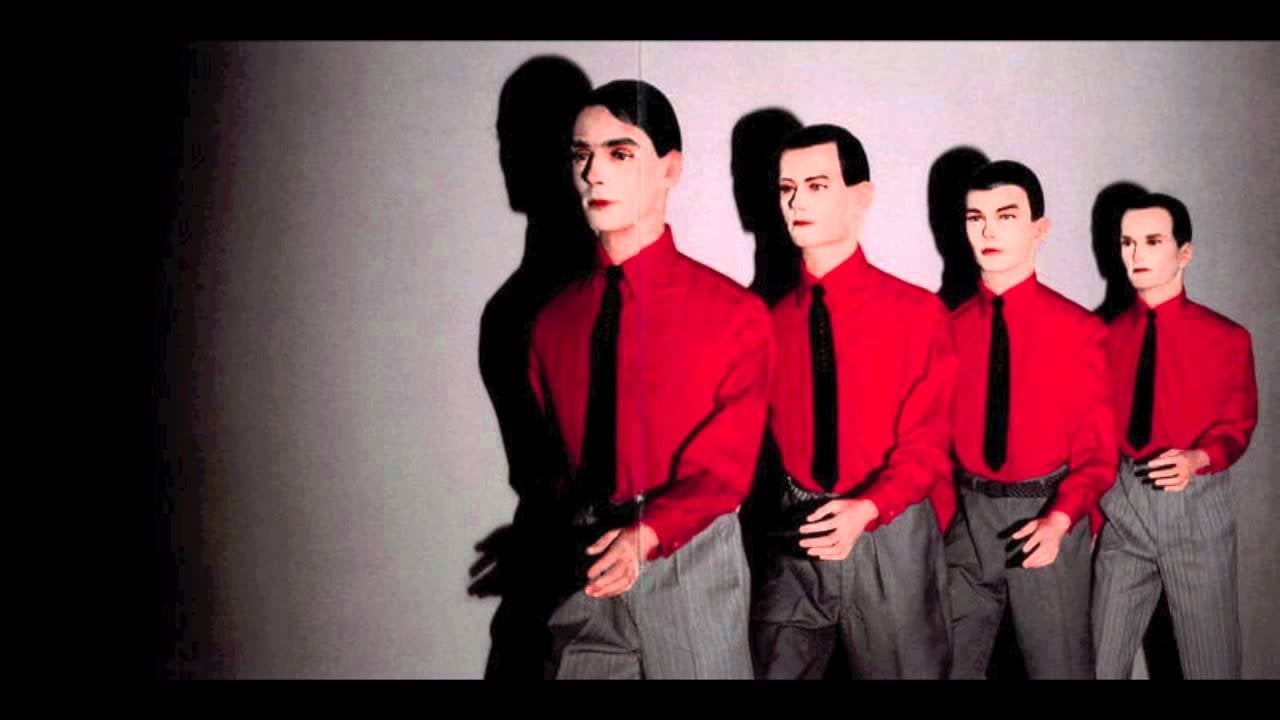
Sample-Snitching → One quiet morning in the early 2000s, I arrived at my label’s office and listened to the voice mail no sampling record producer wants to hear. The call was from a lawyer representing the estate of the leader of an obscure ’70s funk band. He knew that I used a 2-bar drum loop from this band on a song from my first album. It didn’t matter that this loop was fairly common, used prolifically in both mainstream hits and underground white labels. It also didn’t matter that I probably grabbed the loop off one of those erroneously named ‘royalty-free’ sample CDs that were common in the ’90s. The lawyer (and, presumably, his client) wanted his cut.
Long story short, the fact the loop appeared in several mainstream hits probably worked in my favor — once the lawyer saw the requested final sales figures for my album, he realized I was small potatoes. I guess I wasn’t worth the effort, and I never heard from him again. But the most disturbing thing was how he found me. He was going through listings of songs that sampled his client on a sample-identifying website.
I’m not sure which site the lawyer used at the time. Today’s most popular one, WhoSampled.com, launched several years after that frightening phone call. But the fear persists among producers. A new article in Pitchfork by Mosi Reeves details how representatives of legacy catalog use WhoSampled to source potential litigation, despite its intended purpose of pointing fans to old records:
It is a useful resource for rap listeners, despite its complicated role in sampling culture. Chris Read, the London-based company’s head of content, said that using the website as a fact-finding tool for potential lawsuits is a violation of its terms of service, and that the practice “stands in opposition to the reason WhoSampled was created, which is to provide a place for music fans to discover the origins of the music they love and celebrate sampling as an artform.” He acknowledged that the site does not distinguish between cleared and uncleared samples in its listings, because information about sample licensing is not always made publicly available. Producers can request takedowns of listings related to their work if there is information that “they would prefer was not published” on the site, he added.
The law is clear, so producers using uncleared samples — myself included — are unambiguously in the wrong. Many in the music industry’s creative roles have called for an overhaul of these laws to recognize sampling as an art form and create avenues for producers working outside the profitable mainstream. Some lawyers, like the one who contacted me and ended up letting the sample slide, would seem to agree. But then there’s the challenge of differentiating those who use samples artfully vs. those who use them to profit off the notoriety of earlier works. Yes, music rights are complicated (a phrase that’s in the running for the motto of this blog).
——————
A preview of Marc Méan’s forthcoming album Basteln → Friend of the blog Marc Méan has recorded a new album, titled Basteln. It’s out next week on Neologist Productions. I’m sure I’ll write more about it upon release as it’s terrific, maybe even better and lovelier than his previous effort, Collage. You can listen to the advance single (or, perhaps, it’s an excerpt as the album consists of two 20-minute tracks), recorded using “Cocoquantus, piano, voice & FX.”
Marc lives in Zürich. The Swiss city has been on my mind as I’m near completing Kim Stanley Robinson’s fantastic near-future climate change novel The Ministry for the Future. Zürich is the setting for much of the novel, and the descriptions of the city are inviting. However, Zürich was already on my radar as the home base of the founders of my favorite art pranksters, the Dadaists. Here’s where Cabaret Voltaire got their name.
——————
Optional Essentials Vol. 1 → My friend Dr Olive — who once took me to the top of Mont St-Michel — recently launched a new label, 3 to the 3rd Music. The latest release is an ambitious two-part compilation cheekily titled Optional Essentials. The hype-text describes this collection as “the home-made home-listening soundtrack to one of the strangest years, written by music makers from 7 countries.” The sound is chill, overall, but audacious. There’s a diversity of instrumentation and mood-scapes, never a dull moment. The sequence is thoughtful, easily pulling the listener into its zone when played from beginning to end. And I have a connection — I contributed the song “Tarkovsky” under my Q-BAM moniker. I recorded this song ages ago, inspired by repeated visits to Moscow and my admiration of the Russian filmmaker named by the title. And I sampled Robbie Hardkiss saying, “Everything is cool.” Also on the compilation: amazing new tunes from my friends (and label-mates) Monta At Odds and Gemini Revolution.



